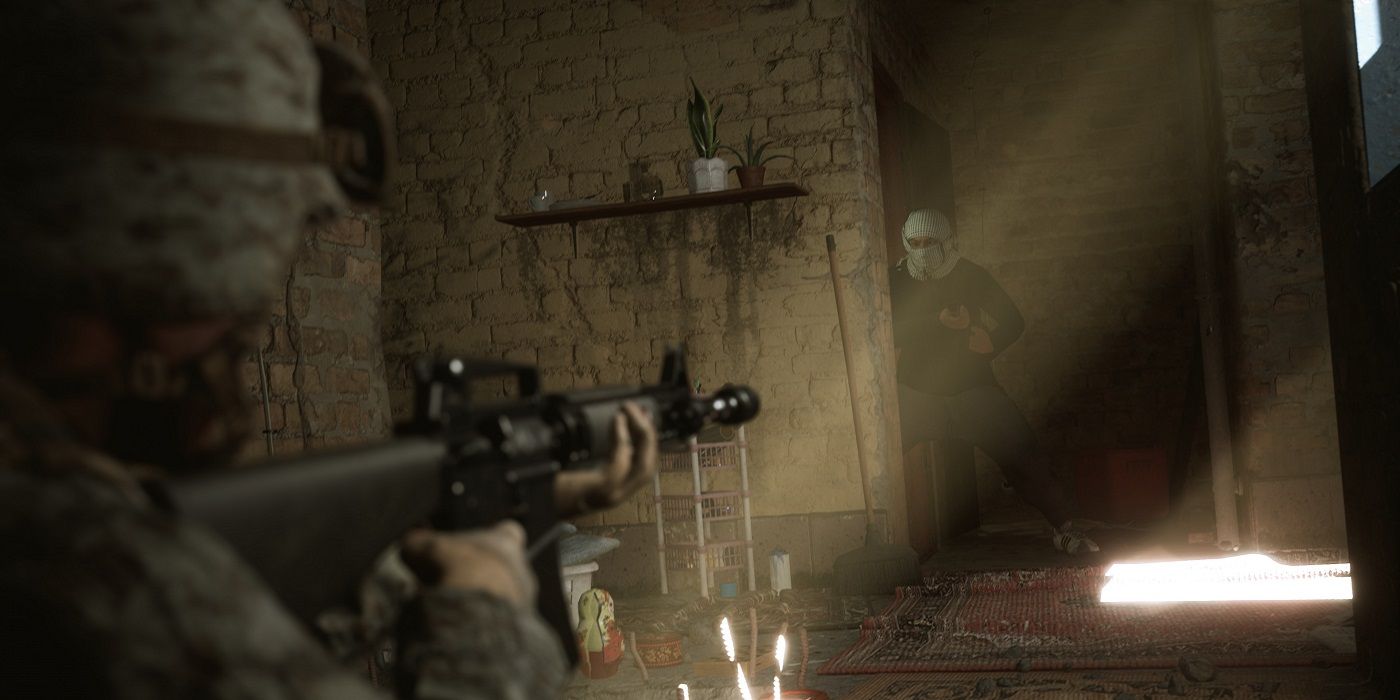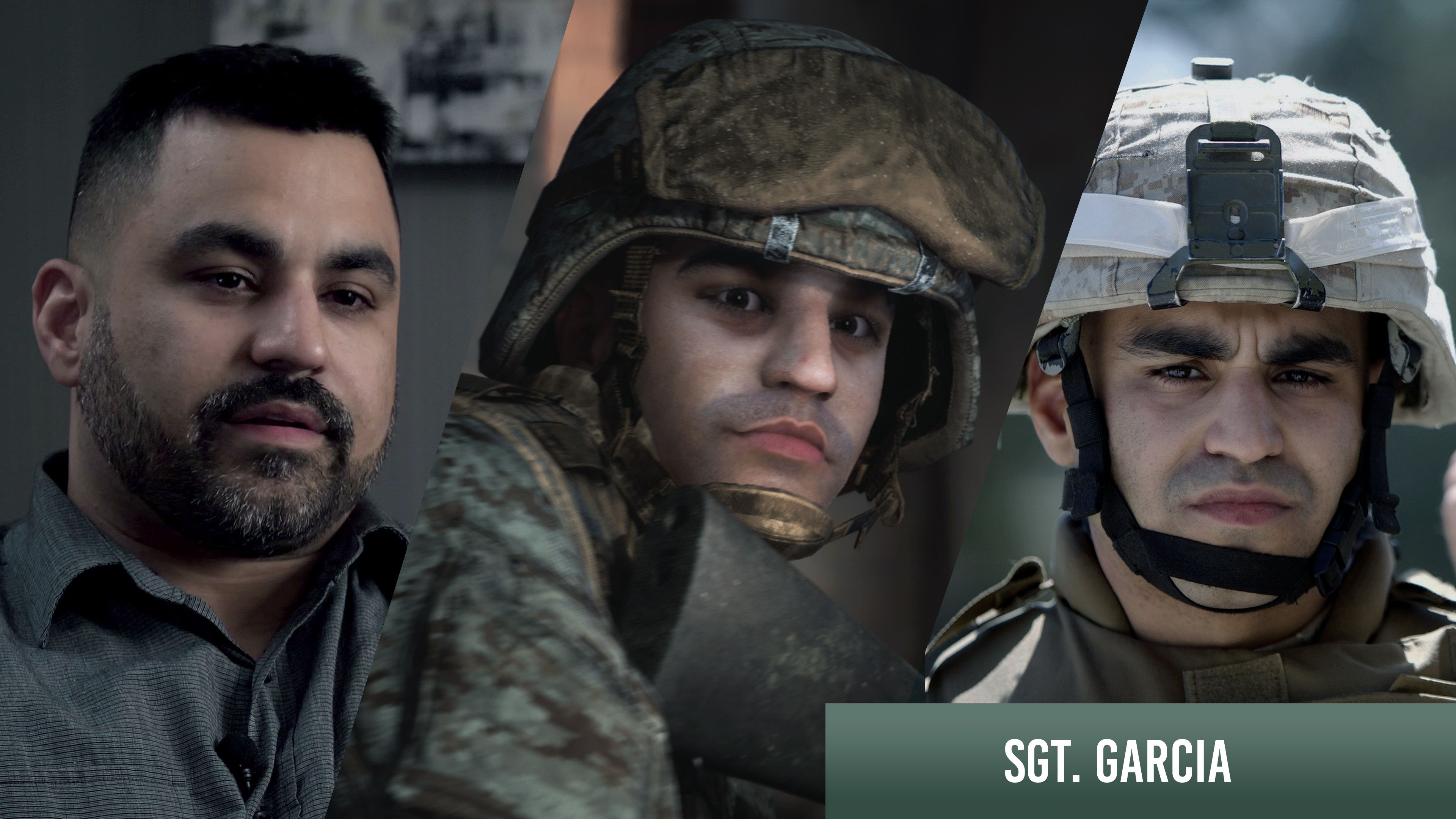
The name Six Days in Fallujah will likely always be mired in controversy in the gaming world. From its original incarnation in the late 2000s all the way to 2021's Six Days in Fallujah reboot announcement, the game's mission of depicting the Iraq War strikes at wounds that are still fresh for many of Americans. The modern pitch is a tactical first-person shooter that hopes to bring extraordinary "moments of truth" from the real-world Fallujah incident to light in a way that only video games can. However, this mission may clash with the original pitch for the game, which is just one of the reasons why many familiar with Six Days in Fallujah's history were so shocked to see it return after this long.
For one, while some of its developers are continuing with the project from its original incarnation, the companies behind the game have completely changed. In 2009, Six Days in Fallujah was set to be published by Konami and developed by the now-defunct Atomic Games. That game was a third-person tactical shooter said to integrate survival horror elements into its depiction of a soldier surviving the muddled conflict. The game was also set to include footage of Iraq War veterans giving context for the battles depicted in each level. Mainstream news coverage and public pushback caused this version of Fallujah to lose its publisher and never see the light of day, with Atomic Games itself shuttering in 2011.
The game is being revived by Victura, a publisher founded with the express intent of bringing Six Days in Fallujah and similar historically-minded games to market. It's an all-new version of the game, developed by the Bungie veterans at Highwire Games, which last developed PlayStation VR title Golem. This new version shifts Six Days in Fallujah's perspective to first-person and alludes more to tactical combat than any horror elements, which has surprised some onlookers who defended the original pitch. One thing the game hasn't lost in its modern translation is real-world footage of veterans who engaged in the conflict. The trailer is full of these soldiers telling their stories, in a similar manner to what was planned for the 2009 edition of the game.

Unless Six Days in Fallujah is truly aiming for the subversive message of a game like Spec Ops: The Line, its reemergence in 2021 can't help but be a headscratcher. There's no denying the interactivity inherent to video games could prove to be a valuable tool for teaching important historical moments, but Fallujah is a game born of the same military that it hopes to depict. The original concept formed while soldiers consulted with Atomic Games on an internal U.S. Army training program, and that initial relationship with the veterans has seemingly fueled the drive to create the game, despite all obstacles.
For many, the big question behind Six Days in Fallujah's return is, "Why now?" Outside of Call of Duty, the American gaming market has mostly moved past modern military shooters, illustrated nowhere better than Fortnite's dominance over PlayerUnknown's Battlegrounds. Beyond that, the historical repercussions of the war in Iraq are still very much alive in the cultural consciousness, including the same fears that a game like Fallujah might glorify a battle and war many see as an embarrassing and horrific boondoggle. It would be a major achievement if a video game could accurately document the experience of this modern conflict, but the price for failing in such an endeavor is so high that it may not be worth the risk.
https://ift.tt/3pes6Hx
February 12, 2021 at 05:07AM





